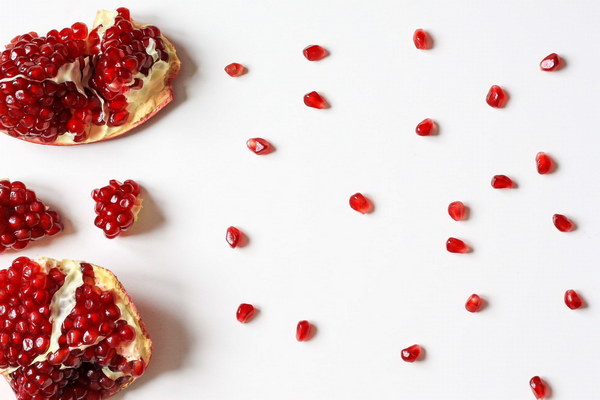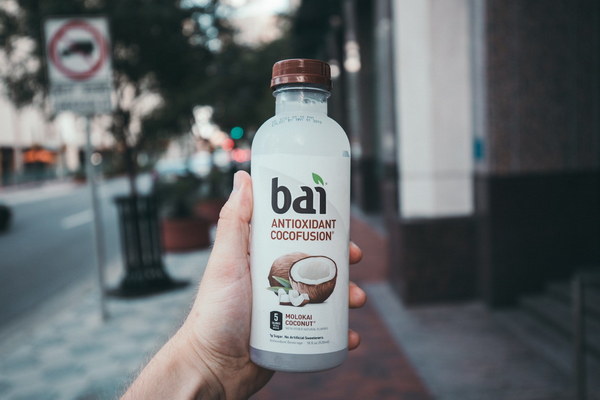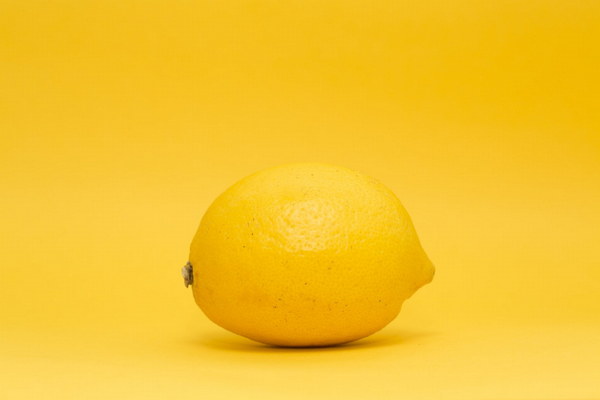Postpartum Health Strengthening Spleen and Eliminating Dampness – Natural Remedies for New Moms
Introduction:
The postpartum period is a critical time for new mothers as their bodies undergo significant changes to recover from childbirth. One common issue many new mothers face is the presence of dampness and spleen weakness, which can lead to various health concerns. In traditional Chinese medicine, the concept of spleen and dampness is often associated with fatigue, bloating, and other postpartum discomforts. This article explores natural remedies and dietary tips to help new mothers strengthen their spleen and eliminate dampness, promoting overall well-being during the postpartum period.
I. Understanding Spleen and Dampness in Postpartum Health
1. Spleen Weakness:
The spleen, in traditional Chinese medicine, is responsible for transforming food into Qi (vital energy) and blood. Postpartum spleen weakness can occur due to the excessive loss of blood and fluids during childbirth, leading to fatigue, weakness, and a weakened immune system.
2. Dampness:
Dampness refers to an excess of fluid in the body, which can be caused by poor diet, humidity, or emotional stress. Dampness can lead to various symptoms such as bloating, weight gain, and water retention, which can exacerbate postpartum discomforts.
II. Natural Remedies for Strengthening Spleen and Eliminating Dampness
1. Acupuncture:
Acupuncture, a traditional Chinese medicine practice, can help stimulate the body's natural healing processes by balancing the Qi and eliminating dampness. Acupuncture points that are commonly used to address postpartum spleen weakness and dampness include Spleen 6 (SP 6) and Stomach 36 (ST 36).
2. Massage Therapy:
Postpartum massage therapy can help alleviate muscle tension, improve circulation, and aid in the elimination of dampness. A qualified therapist can apply techniques to stimulate the spleen and liver meridians, promoting the flow of Qi and reducing dampness.
3. Herbs:
Herbal remedies can be used to support the spleen and eliminate dampness. Some commonly used herbs include:
- Astragalus (Astragalus membranaceus): Known for its immune-boosting properties, Astragalus can help strengthen the spleen and improve energy levels.
- Poria (Poria cocos): Poria is often used to drain dampness and support kidney function, which can help alleviate postpartum discomforts.
- Cinnamon (Cinnamomum cassia): Cinnamon is a warming spice that can help dispel dampness and improve digestion.
4. Diet:
A well-balanced diet is crucial for postpartum health. New mothers should focus on the following dietary tips:

- Incorporate spleen-strengthening foods such as lean proteins, sweet potatoes, and millet.
- Include foods that help eliminate dampness, such as ginger, leeks, and onions.
- Avoid cold and raw foods, as they can exacerbate dampness.
- Stay hydrated by drinking warm fluids, such as herbal teas or broths.
III. Lifestyle Adjustments
1. Adequate Rest:
Ensuring sufficient rest is essential for postpartum recovery. New mothers should aim for at least 8 hours of sleep per night and take short naps during the day if possible.
2. Moderate Exercise:
Engaging in gentle exercise, such as walking or prenatal yoga, can help improve circulation, boost the immune system, and reduce dampness. It's important to consult with a healthcare provider before starting any exercise regimen.
3. Stress Management:
Emotional stress can contribute to dampness. New mothers should find healthy ways to manage stress, such as practicing mindfulness, meditation, or engaging in hobbies they enjoy.
Conclusion:
Postpartum health is a vital aspect of new motherhood. By addressing spleen weakness and dampness with natural remedies, dietary adjustments, and lifestyle changes, new mothers can improve their overall well-being and recover more comfortably. It's always advisable to consult with healthcare professionals before starting any new treatments or making significant changes to one's lifestyle or diet.









